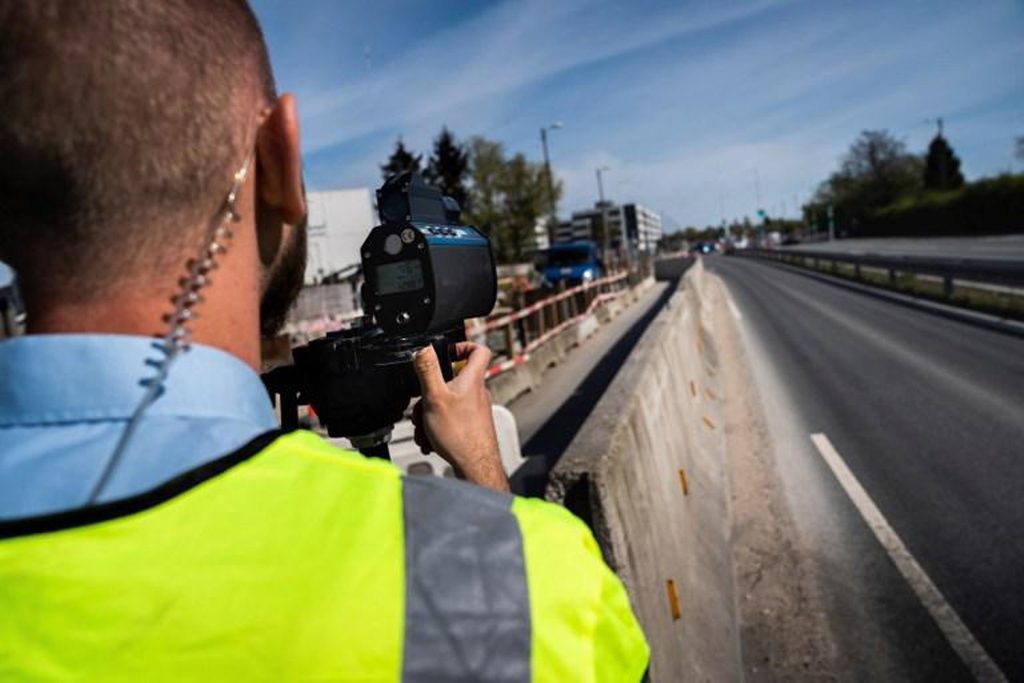People travelling abroad within the European Union will now be fined for a wider range of traffic offences, which they will no longer be able to evade.
Europe is increasing efforts to tackle traffic offences committed across EU Member States through the European Cross-Border Enforcement Directive (CBE Directive) for the exchange of information on road safety-related traffic offences. This ensures that drivers who commit road traffic offences abroad no longer remain anonymous.
It allows any EU Member State to track down a citizen of another EU country who commits a traffic offence on its territory, making it easier to impose sanctions for offences committed by vehicles registered in a different country.
This means that a person living in Belgium and committing a traffic offence while driving through France will be punished for this in the same way as they would be by Belgian law. The EU is now looking to further tighten the directive by expanding the list of traffic offences to which the CBE Directive applies.
The Cross-Border directive currently applies to a total of eight traffic offences, including speeding, failing to use a seat belt, failing to stop at a red traffic light, driving while under the influence of alcohol or drugs, failing to wear a safety helmet, the use of a forbidden lane, and illegally using a mobile telephone or any other communication devices while driving.
However, the EU is looking to expand the CBE Directive to include offences such as not respecting the driving distance, ignoring the overtaking ban, performing dangerous overtaking manoeuvres, committing parking offences such as parking too close to an intersection or zebra crossing, or crossing a full white line, De Standaard reported.
Improving Directive
The EU is urging all EU Member States to make similar efforts to prosecute and cooperate with foreign nationals who commit traffic offences.
In Belgium, 560,000 foreign drivers were ticketed in 2021. Through the Cross-Border system, the Justice Department managed to get two out of three foreign drivers to effectively pay the fine. Meanwhile, some Eastern European countries have been criticised for hardly applying the directive and offering little help to countries that do so.
The directive also received criticism in the past as there were different deadlines for non-residents and residents, with people receiving unclear information on the appeals procedure and paying up.
The Commission has therefore launched an initiative to improve cross-border investigation of road traffic offences and cross-border enforcement of sanctions for these offences to "ensure all EU road users will be treated equally, whether they are residents of a Member State or just foreigners passing through it."

